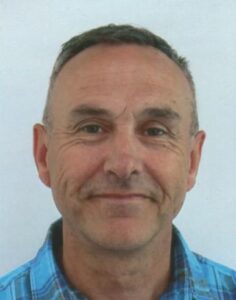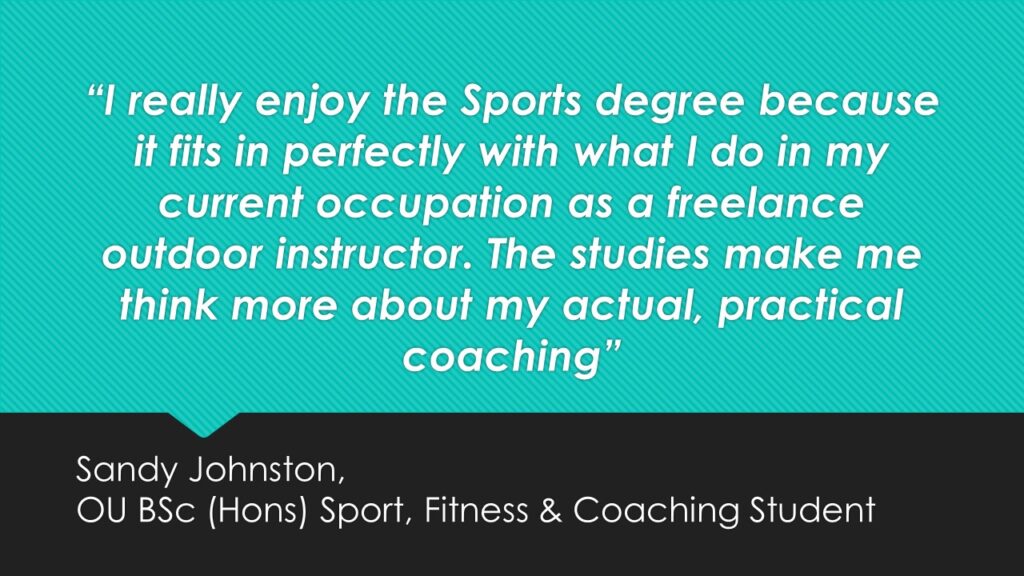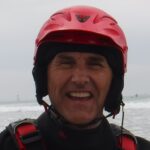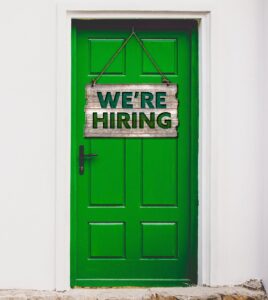In an incredible feat of Olympic history Adam Peaty has claimed gold in Tokyo to become the first GB swimmer to retain an Olympic title, but this year’s Olympics has a very different feel for the competitors with no spectators to provide that extra buzz and to join in the celebrations when success strikes. Perhaps the most noticeable absence of all is that of the athletes’ families and their emotional displays of pride and affection. For many athletes their families form an integral part of their athletic journey and Tokyo gold medallist Adam Peaty has been extremely vocal in his thanks to his parents over the years:
“Parents are the unsung heroes of our sport.”
Adam Peaty, GB Swimmer
Parental influence is fundamental in shaping a child’s sporting journey (Knight, 2019) and this influence is formed by the culmination of many different factors. There exists a considerable body of research to demonstrate that physical activity participation is influenced by factors related to the athletes’ family such as social class, the home environment and economic status (Dagkas and Stathi, 2007).
“You do feel on the back foot if you don’t come from a rich family or a family who are already involved in sport… You’re starting off at a massive disadvantage against those kinds of people.”
“As an amateur you’re up against people with money who can afford physio or therapists, and these kids turn up with all the kit. Not everyone is equal. But if anything, it made me more determined to make the most of what I did have and give 110% in training.”
Adam Peaty, GB Swimmer

Peaty’s success demonstrates that although environmental factors such as financial support can be influential other contributing factors are sometimes more important, such as attitudes and beliefs about the value of sport. The majority of young children’s time is spent with family members, especially parents, and this is why the family is a vital social facilitator in sport, influencing the way a child thinks and behaves, and the opportunities they are presented with.
Admittedly, social factors such as cost, local provision and proximity to amenities are relevant but these decisions are informed by the parents’ own attitudes and beliefs. Expectancy Value Model (Eccles et al., 1983; Eccles, 1993) states that if parents perceive sport to be important, they will provide more frequent opportunities for their child to participate in sporting activities based on a range of values.
“We forced him to swim and we have a strong belief that all children should swim because it’s a life-saving skill.”
Caroline Peaty, Mother of Adam Peaty
Peaty’s family clearly valued the importance of swimming and made every effort to ensure he had the opportunities and support to start swimming. Once Adam’s talent and success were evident, at aged 14 he joined City of Derby Swimming Club which involved increased travelling and greater commitment. It was a grueling regime and with his dad unable to drive, it was Peaty’s mum who bore the brunt of the training commitments:
“I’d get up at four in the morning, drive him 40 minutes to Derby, sit and wait two hours while he was training, or go to Tesco, then drive him back again and do a full day’s work as a nursery manager. Then we’d do it again in the evening.”
Caroline Peaty, Mother of Adam Peaty
Without such dedication and support from his parents Peaty’s Olympic journey would likely not have been possible. Throughout the athletic journey, as well as logistical support such as transport and organisation, the emotional support from an athlete’s family is vital in keeping them grounded and ensuring they maintain an identity beyond that of their sport.
Siblings have also been shown to influence a child’s sports participation, though, research shows sibling influence to be multifaceted and varied. Peaty, the youngest of four children, was heavily influenced by his older brothers in a unique way:
“I was scared of the water as a child. I even hated having baths; I’d scream every time […] My older brothers had told me sharks could swim through the plughole.”
Adam Peaty, GB Swimmer
Siblings are sources of both positive and negative sport experiences (Blazo and Smith, 2018) and despite this initial negative influence from his brothers, Peaty’s siblings may also have played a positive role in his development. For example, older siblings have been shown to be positive role models for a work ethic (Côté, 1999) with birth order also associated with athletic differences, including suggestions that later-born children are more likely to perform at a higher level (Hopwood et al., 2015).
One explanation was that that first born children may focus more on their own development, whereas younger children compare themselves to older siblings, which results in firstborn children being more motivated to learn, whereas later born children possess a greater motivation to win (Carette et al., 2011). Competition and rivalry between siblings have been shown to have positive effects, whereby younger siblings sought to perform as well as, if not better than, an older sibling, though this was not necessarily always linked to sport, rather the creation of a general competitiveness (Lundy et al. 2019). This appears to be evident within the Peaty family:
”Growing up with three older siblings, I’ve always had a competitive edge. The continuous and unforgiving strive to be exceptional in whatever I do derives from my childhood to always try, take part and do even better next time.”
Adam Peaty, GB Swimmer
Therefore, although the physical absence of Peaty’s parents and siblings was most certainly felt in Tokyo this year, their continued support throughout his athletic journey was certainly not absent from the success of his gold medal winning performance. Since becoming a father himself, Peaty has voiced the importance of being a role model to his own son, passing on his own work ethic to the next generation.
References
Blazo, J. A., & Smith, A. L. (2018). A systematic review of siblings and physical activity experiences. International review of sport and exercise psychology, 11 (1), 122-159.
Carette, B. Anseel, F. and Van Yperen, N.W. (2011) ‘Born to learn or born to win? Birth order effects on achievement goals’, Journal of Research in Personality, 45, pp. 500–503.
Côté, J. (1999) ‘The influence of the family in the development of talent in sport’, The sport psychologist, 13 (4), pp.395-417.
Dagkas, S. and Stathi, A. (2007) ‘Exploring social and environmental factors affecting adolescents’ participation in physical activity’, European Physical Education Review, 13 (3), pp.369-384.
Eccles, J. A., Futterman, T., Goff, R., Kaczala, S., Meece, C., & Midgley, J. (1983). Expectations, values, and academic behaviors. Achievement and achievement motivation, 283-331.
Eccles, J. S. (1993). School and family effects on the ontogeny of children’s interests, self-perceptions, and activity choices Nebraska Symposium on Motivation, 1992: Developmental perspectives on motivation
Hopwood, M., Farrow, D., MacMahon, C., & Baker, J. (2015). Sibling dynamics and sport expertise. Scandinavian journal of medicine & science in sports, 25 (5), 724-733.
Knight, C. J. (2019) ‘Revealing findings in youth sport parenting research’, Kinesiology Review, 8 (3), pp.252-259.
Lundy, G. I., Allan, V., Cowburn, I., & Cote, J. (2019). Parental Support, Sibling Influences and Family Dynamics across the Development of Canadian Interuniversity Student-Athletes. Journal of Athlete Development and Experience, 1 (2), 4.
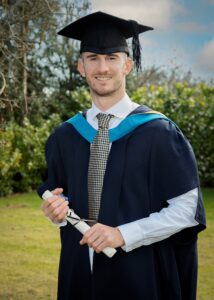 “Mum and dad trained as teachers, so I was always pushed in school. Even when football opportunities came, I was always pushed academically because the average length of a footballer’s career is seven years.
“Mum and dad trained as teachers, so I was always pushed in school. Even when football opportunities came, I was always pushed academically because the average length of a footballer’s career is seven years.

